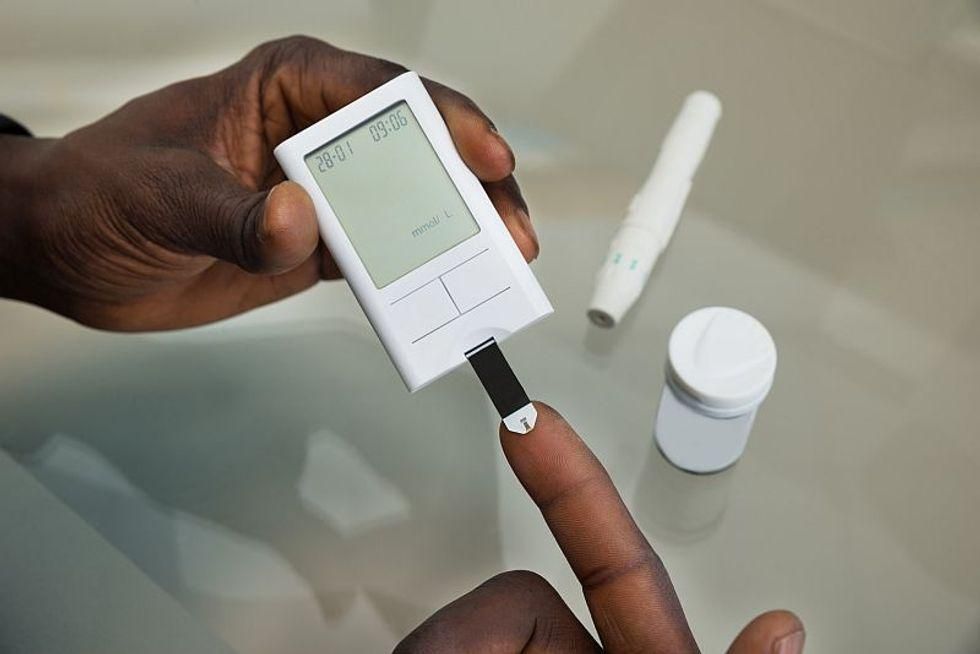
It turns out that the pandemic has reaped one unexpected benefit: As teens were kept home more often, their use of electronic cigarettes dropped by nearly 40%, a new report finds. U.S. health officials said these numbers should be taken with a grain of salt, but the decrease in vaping in 2021 is probably real… read on > read on >






























